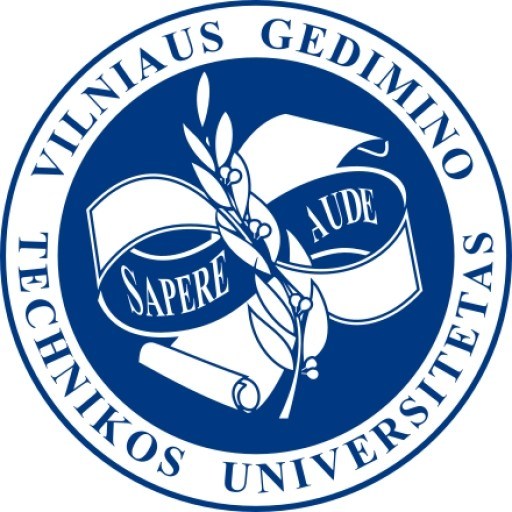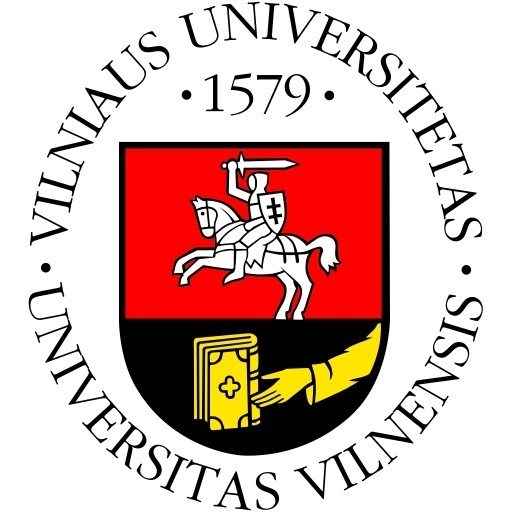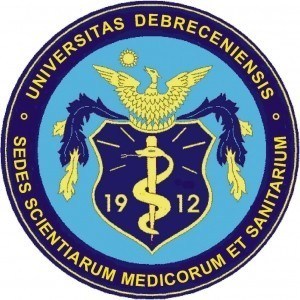The Engineering Informatics undergraduate program at Vilnius Gediminas Technical University is designed to equip students with a comprehensive understanding of the intersection between engineering principles and information technology. This innovative program combines core topics from computer science, electronics, and automation engineering to prepare graduates for the dynamic fields of industry 4.0, smart systems, and digital transformation. Throughout the course, students acquire a solid foundation in programming, data analysis, hardware-software integration, and system management, enabling them to develop, implement, and maintain complex technological solutions.
The curriculum emphasizes practical skills and real-world applications, providing students with hands-on experience through laboratory work, projects, and collaborations with industry partners. Courses cover a wide range of areas including software development, embedded systems, automation, control engineering, cybersecurity, and data visualization. Additionally, students learn about the design and management of information systems, network infrastructure, and cyber-physical systems, fostering the ability to solve complex engineering problems with innovative digital solutions.
Graduates of the Engineering Informatics program are well-prepared for careers in various sectors such as manufacturing, information technology, telecommunications, and automation companies. They may work as software developers, system analysts, automation engineers, data specialists, or IT consultants, contributing to the development of intelligent and automated systems across different industries. The program also provides a strong foundation for those interested in pursuing master's studies or engaging in research activities related to digital technologies and smart engineering systems.
Vilnius Gediminas Technical University’s Engineering Informatics program is committed to fostering critical thinking, problem-solving skills, and lifelong learning abilities. The university’s modern facilities, experienced faculty, and international collaboration opportunities create an enriching educational environment that prepares students to meet the technological challenges of the future. Graduates leave with both theoretical knowledge and practical skills, ready to contribute effectively to the digital transformation and innovation-driven industries globally.
Detailed Course Facts
Application deadline 1st of August Tuition fee- EUR 2214 Year (EEA)
- EUR 3500 Year (Non-EEA)
One year tuition fee must be payed prior to visa procedure (for non_EU students). Every next tuition fee must be payed before 15th of September and before the 15th of February.
Start date September 2015 Credits (ECTS) 240 ECTSDuration full-time 48 months Languages Take an IELTS test
- English
Course Content
1 Semester
- Information technology and programming introduction
- Introduction to studies
- Operating systems
- Differential Calculus
- Analytic Geometry and Elements of Vector Algebra
- Physical Training 1
- Basic English 1
2 Semester
- Computer graphics
- Algorithm and data structure
- Programming C
- Discrete Mathematics
- Integral Calculus
- Physical Training 2
- Practice
- Basic English 2
3 Semester
- Principles of Project Management
- Programming C++
- Matrix Calculation
- Selected Topics of Mathematical Analysis
- Economics 1
- Ethics
- Logic
4 Semester
- Software Analysis
- Programming with C#
- Probability Theory
- Numerical Methods
- Economics 2
- Practice 1
- Free choice obligatory course
5 Semester
- Computerial Electrophysics
- Human and Computer Interface
- Organization of Computer Systems'
- Management of Database 1
- Mathematical Statistics
- Free choice obligatory course
6 Semester
- Graphics Programming
- Data base management 2
- Object-oriented design
- Practice 2
- Artificial Intelligence and Expert Systems
- Management
- Free choice obligatory course
- Principles of Geographical Information Systems
- Optimization Basics
- Final work 1
- Speciality Language Culture
- Informatics law
- Total Quality Management
Option (one of the following)
- Developing Internet Applications
- JAVA Programming
8 Semester
- Workflow Applications
- Programming of Database
- Computer Learning Systems
- Corporate Systems Architecture
- Final Thesis 2
- Final Thesis 3
Requirements
Secondary, advanced or any other corresponding education
Work Experience
No work experience is required.
Related Scholarships*
- Academic Excellence Scholarship
"The Academic Excellence Scholarship can provide up to a 50 % reduction in tuition per semester. These scholarships will be renewed if the student maintains superior academic performance during each semester of their 3-year Bachelor programme. The scholarship will be directly applied to the student’s tuition fees."
- Alumni Study Travel Fund
Scholarships for students who are already attending the University of Reading.
- Amsterdam Merit Scholarships
The University of Amsterdam aims to attract the world’s brightest students to its international classrooms. Outstanding students from outside the European Economic Area can apply for an Amsterdam Merit Scholarship.
* The scholarships shown on this page are suggestions first and foremost. They could be offered by other organisations than Vilnius Gediminas Technical University.
The Engineering Informatics program at Vilnius Gediminas Technical University (VGTU) is designed to prepare students for the rapidly evolving field of information technology and engineering. This multidisciplinary program combines core principles of computer science, electrical engineering, and information systems to equip graduates with the skills necessary to develop, manage, and optimize complex technological solutions across various industries. The curriculum includes a blend of theoretical foundations and practical applications, ensuring students gain hands-on experience with modern programming languages, algorithms, data structures, and software development methodologies. Students also explore areas such as embedded systems, automation, robotics, and network security, reflecting the program's comprehensive approach to engineering informatics.
The program aims to cultivate innovative problem-solvers capable of designing smart solutions for real-world challenges. It emphasizes the importance of teamwork, project management, and effective communication, preparing graduates to integrate into multidisciplinary teams in both research and industry settings. Through collaboration with industry partners, students have opportunities for internships and project work that enhance their practical knowledge and professional networks. The degree program is aligned with current technological trends, including the Internet of Things (IoT), cyber-physical systems, and artificial intelligence, making graduates highly competitive in the global job market.
Graduates of Engineering Informatics often find employment in fields such as software development, automation engineering, data analysis, telecommunications, and system integration. They may work in sectors like manufacturing, transportation, healthcare, or information technology services. The program also provides a solid foundation for those interested in pursuing postgraduate studies or research careers in engineering informatics or related disciplines. Overall, VGTU’s Engineering Informatics program offers a comprehensive education that combines theoretical knowledge with practical skills, aiming to develop professionals capable of designing innovative technological solutions that meet contemporary societal needs.










